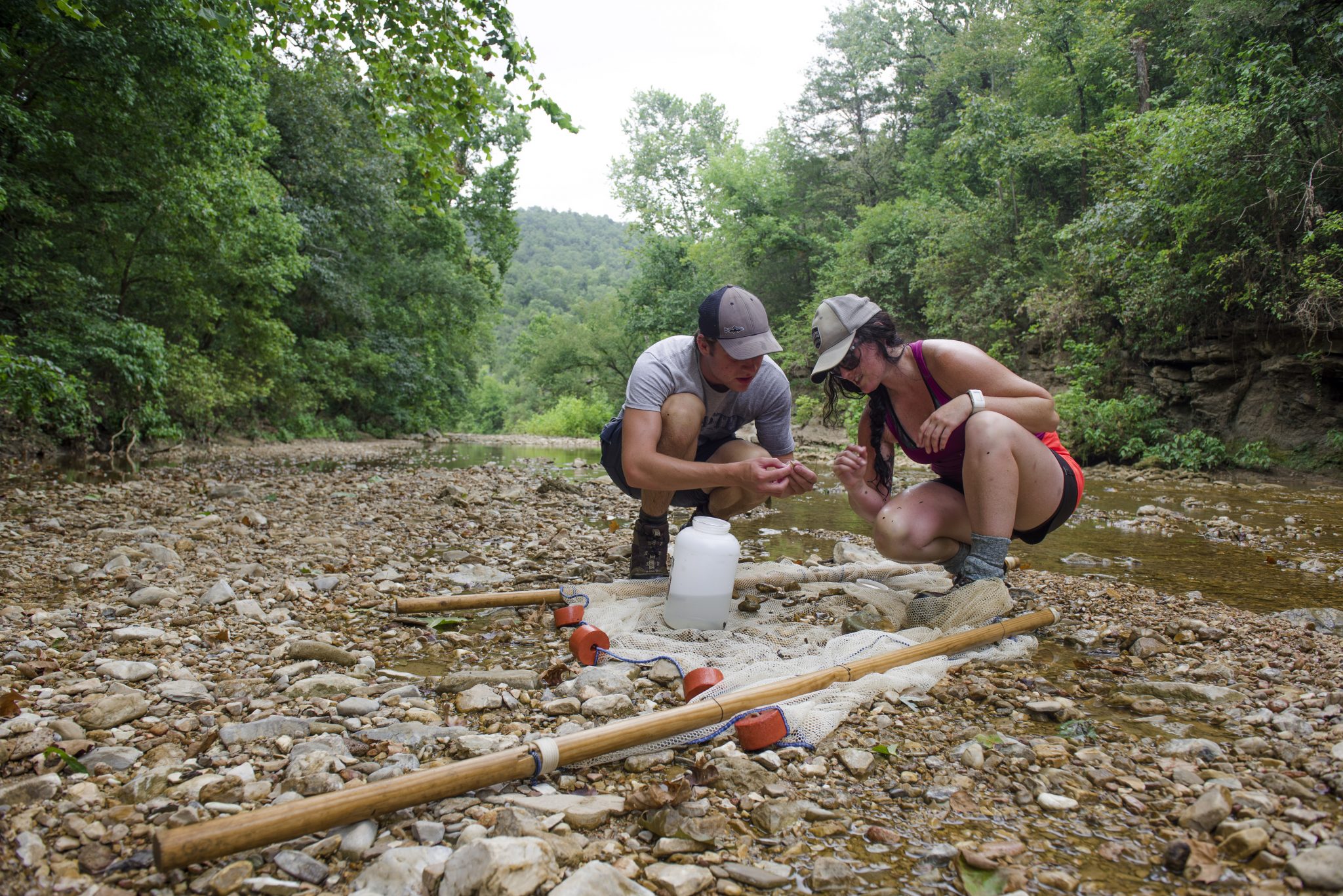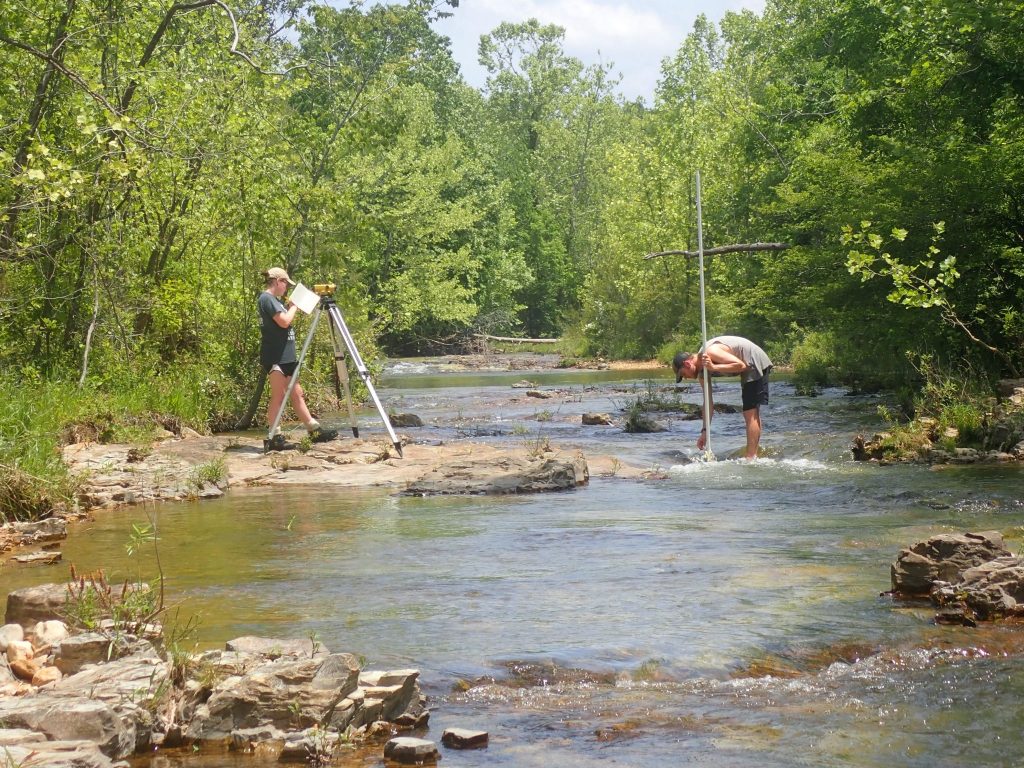Environmental Science
The interdisciplinary Environmental Science program at –°≤›”į‘ļ is designed to provide students the opportunity to assess the complexity of environmental problems and find solutions to these problems within the context of the natural (biological, chemical, and physical) and social (political, economic, and locational analysis) sciences.¬† This program prepares students for careers in federal and state government agencies, such as the U.S. Environmental Protection Agency, U.S. Fish and Wildlife Service, U.S. Geological Survey, State Game and Fish Commission, State Department of Environmental Quality, and a wide array of government planning agencies. Graduates of –°≤›”į‘ļ’s Environmental Science program will also be competitive for positions in private industry (consulting, corporate environmental compliance, laboratory technicians) and postgraduate academic programs (MS, PhD, or law school).
The interdisciplinary approach of the program recognizes the reality that most environmental concerns and problems result from multifaceted and complex situations, not solvable from the perspective of a single discipline.¬† –°≤›”į‘ļ has several strong programs that each can contribute to a better overall understanding of complex environmental problems, and by combining the best courses and instructors from these programs, the Environmental Science program is able to compile a strong core of courses for our students.¬† In addition, because of the wide array of employment opportunities within the environmental field, the three tracks along with a variety of electives within each track allow the student to emphasize those skills that would be most necessary for their chosen future profession.
Environmental Science Major Tracks
Biology Track
Please refer to the Undergraduate Bulletin for the most current listing of requirements for the B.S. in Environmental Science or to course listings to view descriptions of courses offered in Environmental Science.
INTERNSHIPS
Many students in the program participate in research directly related to their area of interest, working closely with faculty.  In addition, many students participate in internships where they also gain hands-on experience. Some of our students have had the opportunity to do Internships with a a variety of organizations, including:
- The Nature Conservancy
- Arkansas Natural Heritage Commission
- Arkansas Game and Fish Commission
- United States Fish and Wildlife
- United States Forest Service
- Arkansas Department of Environmental Quality
- Student Conservation Association
- and many more…..



